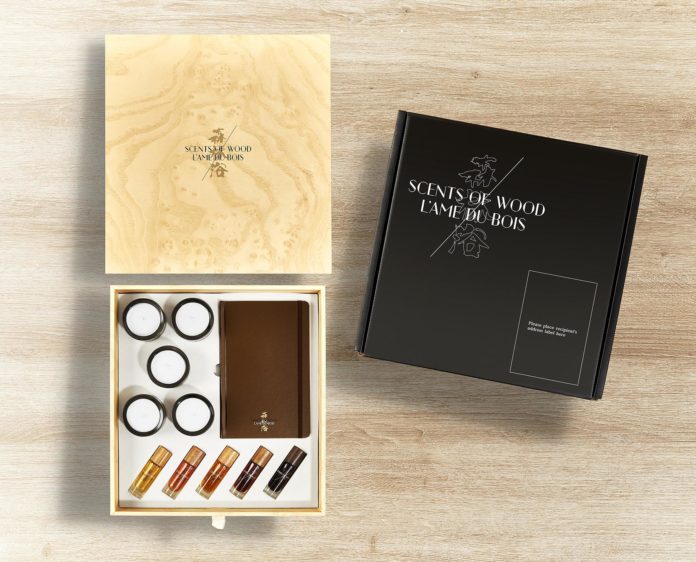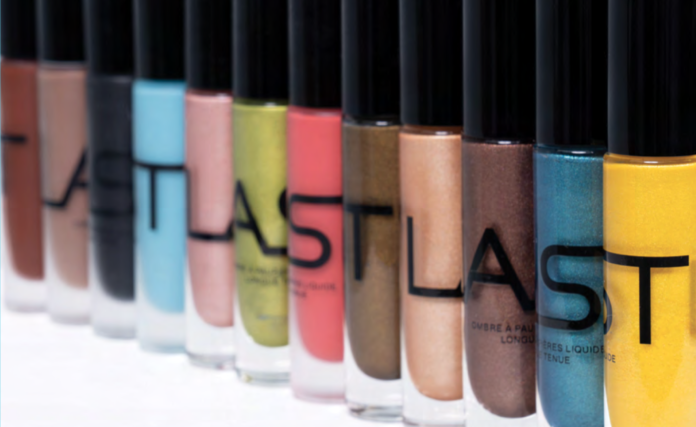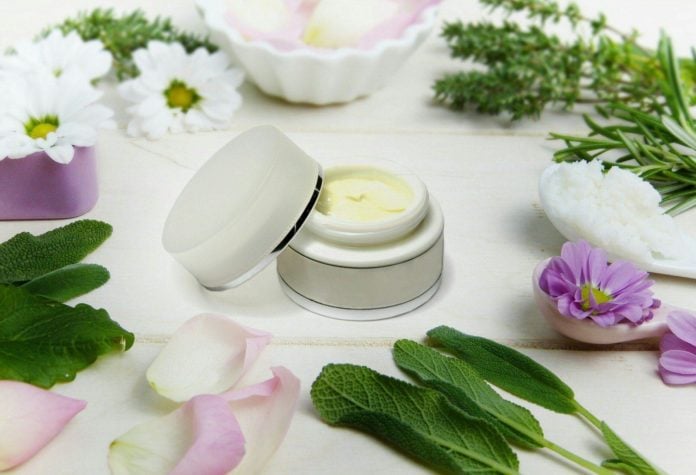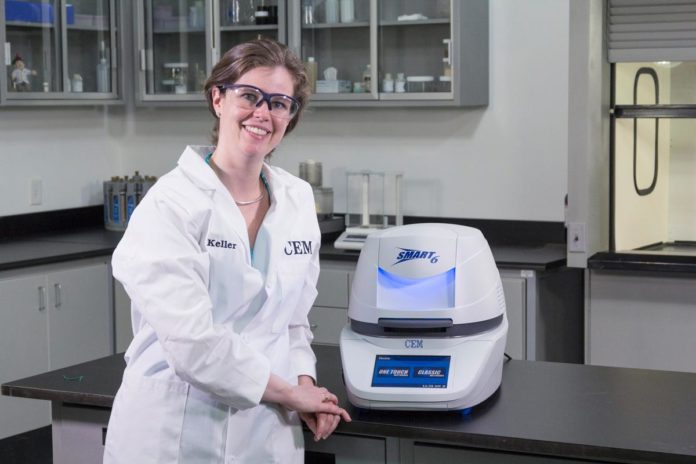World leader in a €500 billion* market that is rapidly growing again and second contributor to the country's positive foreign trade balance, the French perfume and cosmetics industry is facing aggressive competition from new players operating on the international market, particularly from Asia, while exports are one of the keys to the future and to recovery.
One of the key measures of the industry's general assembly convened by Cosmetic Valley in October 2020 was to launch a European dynamic for the export markets. It is now operational.
Global Cosmetics Cluster-Europe: to benefit from European resources
Cosmetic Valley has decided to restructure and strengthen the cluster's international support services. This strategy relies in particular on the resources offered by Europe, where the cluster has been very active for several years via its European metacluster, which has been labeled "European Strategic Cluster Partnership". Cosmetic Valley is thus involved in many European projects such as "AgriWasteValue" (valorization of co-products from viticulture and arboriculture), "InnCoCells" (innovative cosmetics from plant cells), as well as in European platforms and networks, while relying on the offices of the regions in Brussels. This commitment allows the cluster to involve French companies in the European dynamic and to offer French SMEs the new "Global Cosmetics Cluster-Europe" program to benefit from European resources and help them at different levels: R&D, business and export, and skills development.
French companies can now rely on the "Global Cosmetics Cluster-Europe" export acceleration program. Coordinated by Cosmetic Valley, it brings together six European cosmetics clusters and is supported by the Cosme program, a European Commission scheme that funds actions directly led by European clusters to support the internationalization of their SMEs and facilitate their access to new markets.
The "Global Cosmetics Cluster-Europe" acceleration program is available free of charge to all SMEs in the French cosmetics industry. It is divided into four parts:
1/ Market knowledge: market watch and research
The program allows companies to benefit from a market watch on the five target countries: Mexico, South Korea, the United States, India, and the United Arab Emirates, with 12 free online newsletters (business, trends/technology, regulations...), and in-depth market studies on each country.
2/ Increase in skills: "Go International
Four main actions are proposed to SMEs in the sector to develop their export skills:
- Workshops on internationalization: legal, intercultural regulations, market, trends, innovative technologies... ("Go International" workshops)
- Specific advice
- Coaching and mentoring
- Peer2Business: experience sharing between European SMEs
18 SMEs have already participated in the first "Go International" workshops.
3/ Business development: four B2B missions
In addition to a showcase of know-how in the form of a MarketPlace platform, the program provides for four missions between now and August 2022 to accompany SMEs in the target countries and to encourage BtoB meetings in order to establish business flows and partnerships with counterpart clusters.
The first mission will take place in Dubai from October 2 to 6, 2021 during the Beautyworld Middle East trade show.
4/ Financing: access to European programs
The program plans to support companies on the financing side by informing them about the various public and European financing programs and by giving them access to the right contacts.
Multiple actions
cosmetic valley's new international strategy also includes "Export Relay Vouchers" to participate in international trade shows and benefit from customized support.
For 25 years, Cosmetic Valley has been organizing industry pavilions at major trade shows: China Beauty Expo, In-Cosmetics Global, Beautyworld Middle East ... In 2021, Cosmetic Valley becomes a lever of financing by being approved for the Export Cheque scheme by the "France Export team" of Business France. The Chèques-Relance Export are intended for SMEs and ETIs in order to support, in a personalized way, their export activities in this tough international context. This scheme will end on 14/12/2022.
It should be noted that the profession and the territories are asking the State for recognition of the export industry brand: "Cosmetic Valley France" which enjoys a high reputation on major international markets. According to the leaders of Cosmetic Valley, "Only an established industry brand can carry the values of our industry, which are necessary for its recognition, far and wide.
Specific actions in the territories: the Sirena program
In line with the Global Cosmetics Cluster and the development of European calls for projects, initiatives are also carried out in conjunction with the regions. In January 2020, Cosmetic Valley signed with the New Aquitaine Region, the "Regional International Strategy for New Aquitaine Ecosystems" action program, known as "Sirena", which aims to accelerate the international development and attractiveness of the regional perfume and cosmetics industry.
This tool for sharing territorial strategy provides for two lines of action:
- inform to develop the ambitions and projects of regional companies on the international scene,
- facilitate networking with European and international players in order to promote innovation projects and access to new markets.
7th edition of Cosmetic 360
Building on the success of its virtual edition (110 exhibitors including 55% of internationals, 67 countries represented, 21,800 interactions), e-Cosmetic 360, the international trade show Cosmetic 360 is back in force in 2021 with a hybrid formula, mixing remote and face-to-face meetings. Part of the government's recovery plan, the 7th edition of the show is intended to be a springboard to relaunch the French industry on the international scene in a period of heightened competition. France will be the country of honor at this 2021 edition.
Local authorities will be strongly mobilized to help SMEs to exhibit, with the presence of the regions Centre-Val de Loire (technical and financial support of Dev'up), New Aquitaine and Normandy, which, this year, offers an exclusive assistance of up to 80% of subsidy under the program Impulsion-export.
This year, the show will be twinned with the annual Summit of the French perfumery and cosmetics industry, organized in the wake of the first general meeting of the cosmetics industry. A "highlight" of the industry for its professionals and decision-makers in 48 hours Cosmeto.
*Source: Cosmetics Europe & Euromonitor International - 2019


















